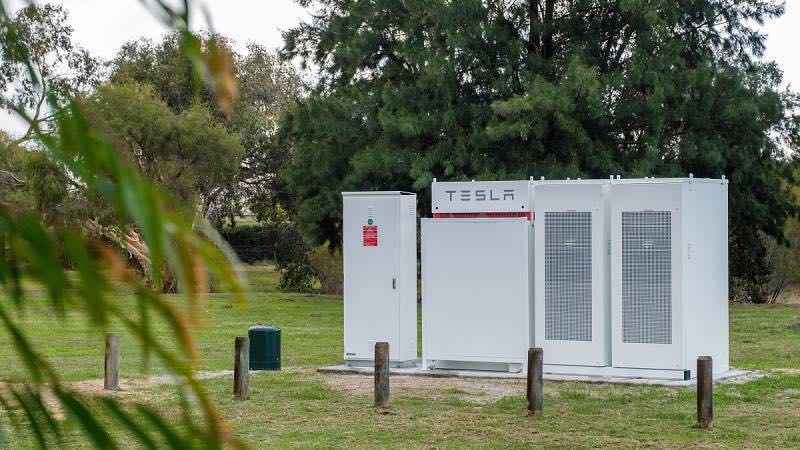The network of neighbourhood-scale batteries is part of the City of Melbourne’s new Power Melbourne scheme, with the first batteries to be delivered by 2022.
The Melbourne city council announced the scheme this morning, saying it is currently developing a business case for the pilot battery network which could scale up to 5 MW of storage by 2024. The council has allocated $300,000 in this year’s budget to deliver the pilot.
The Melbourne city council is also calling on the private sector and state government to take part in the scheme. “We are looking for likeminded partners to join us in delivering cutting-edge technology that makes our city more sustainable, and delivering future savings to businesses and residents,” Lord Mayor Sally Capp said.
The roll out of the mid-scale community batteries will focus on the council’s existing infrastructure initially, as well as the Melbourne Innovation District located in the CBD’s north. Future battery locations will be proposed for areas where network demand is constrained or expected to increase over the coming decades, the council added.
The aim of the scheme is to deliver more renewable energy into the grid, accelerating the City of Melbourne’s ambition of being 100% powered by renewable energy by 2030.
Lord Mayor Sally Capp said Power Melbourne would encourage greater uptake of renewables, create new opportunities for research, training and jobs in the green technology sector, and help build Melbourne’s reputation as a centre for clean energy innovation. “Melbourne has been a leader in sustainability for decades and this project will encourage a new wave of innovation in the mid-scale battery sector,” the Lord Mayor said.
Environment portfolio lead Councillor Rohan Leppert said Power Melbourne would showcase what can be achieved through collaborating to increase battery storage in urban areas. “Power Melbourne will deliver a huge amount of insight and data into how we can best reform our electricity networks to encourage more renewables and battery storage,” he said.
Battery storage, a crucial piece of Australia’s grid puzzle
Australia has this year seen a deluge of new big battery announcements, with storage considered an important means to stabilise our grid as it’s flooded with evermore variable renewable energy. Residential battery storage, which typically stores around 5 kWh to 10 kWh, are also increasingly being mobilised as a means of stabilisation through Virtual Power Plants (VPPs).
VPPs aggregate home battery systems through software platforms, though, as Discover Energy CEO’s Anson Zhang has previously noted, such schemes have limitations as unreliable internet connections and shifts in household schedules means capacity cannot always been drawn when needed.
Community batteries are expected to be an important piece of the puzzle here since they hold significantly more capacity and should be more reliable in terms of connection, making them able to respond immediately to shifts in demand.
In January, CitiPower and Yarra Energy Foundation, a not-for-profit primarily funded by the Melbourne’s Yarra City Council, announced they would parter to create a community battery network in the Melbourne CBD and inner-city suburbs. The City of Melbourne’s scheme would see a considerable extension to this ‘solar sponge’ concept for Melbourne city.
Community battery pilots are growing in popularity, with schemes being rolled out in New South Wales and Western Australia.
This content is protected by copyright and may not be reused. If you want to cooperate with us and would like to reuse some of our content, please contact: editors@pv-magazine.com.









By submitting this form you agree to pv magazine using your data for the purposes of publishing your comment.
Your personal data will only be disclosed or otherwise transmitted to third parties for the purposes of spam filtering or if this is necessary for technical maintenance of the website. Any other transfer to third parties will not take place unless this is justified on the basis of applicable data protection regulations or if pv magazine is legally obliged to do so.
You may revoke this consent at any time with effect for the future, in which case your personal data will be deleted immediately. Otherwise, your data will be deleted if pv magazine has processed your request or the purpose of data storage is fulfilled.
Further information on data privacy can be found in our Data Protection Policy.